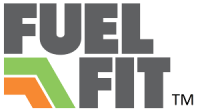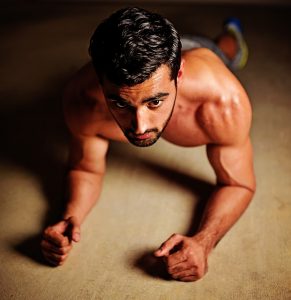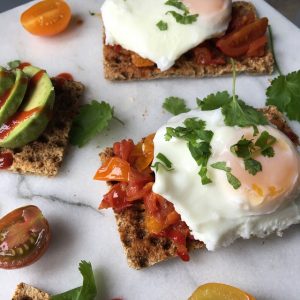In a few days, our Muslim members and friends will be observing the month of Ramadan. Ramadan is a period of fasting where Muslims fast daily from dawn to dusk.
During this period, some individuals may have concerns on whether it is alright to continue exercising and what to take note of in terms of nutrition.
For most healthy individuals, it is safe to continue being active during this period, but if you have any concerns or pre-existing health conditions, be sure to consult your doctor before exercising during a fast.
In this post, we share some fitness and nutrition tips that may come in handy while observing Ramadan.
Ramadan – Stay Active But Aim for Maintenance, Not Gains.
For most healthy individuals, training or exercising during Ramadan will not pose any negative health consequences. In fact, including some strength training during this period will help to prevent the loss of muscle mass. Make your approach to fitness about maintenance, rather than gains or progress.
Lower Your Intensity.
Regardless of the mode of fitness that you usually do, be sure to lower your intensity during this period. Run or cycle? Continue but at a slower pace. Lift or do strength training? Lower the intensity by dropping the weights or reducing the number of sets or repetitions. If you already do high intensity interval training, perform the exercises at about 60-80% of your normal intensity.
* We recommend that you do not pick up high intensity interval training during Ramadan if you have not previously done it, or if your body is not used to it.
Be Sure to Have Suhoor, and Make It Healthy!
For some, this may mean having to wake up earlier than you are used to. However, it is important that you wake up to have Suhoor as this will be the only chance to get your fuel to last you till dusk. Missing Suhoor may cause your workouts to feel extremely challenging and you will be more likely to overeat at Iftar because you would be very hungry by then.
For a healthy Suhoor, pick foods that are packed with complex carbohydrates, protein and healthy fats. Our bodies take a longer time to process complex carbs, resulting in a more gradual release of energy instead of an energy spike followed by a crash. Foods that are high in protein and healthy fat such as milk, eggs, cheese and avocado also helps us feel fuller for longer.
Have A Balanced and Nutritious Iftar.
Most Iftar meals will have its fair share of rich, deep-fried, high fat and processed food. Fret not! You need not avoid these completely. Instead, consume these foods in moderation after you have first eaten the nutritious foods. All you need to do is to stick to the 80:20 rule. Choose food that are high in complex carbohydrates, protein and healthy fat. Make sure you are consuming enough protein especially if you are training. Protein plays a key role in repairing and building muscle. Take this opportunity to re-hydrate. Drink plenty of water and consider including electrolytes to maintain a good fluid balance. Avoid diuretic beverages such as coffee and tea as they cause your body to expel water and salt.
If you have other useful Ramadan fitness and nutrition tips, share them with us in the comments below!



